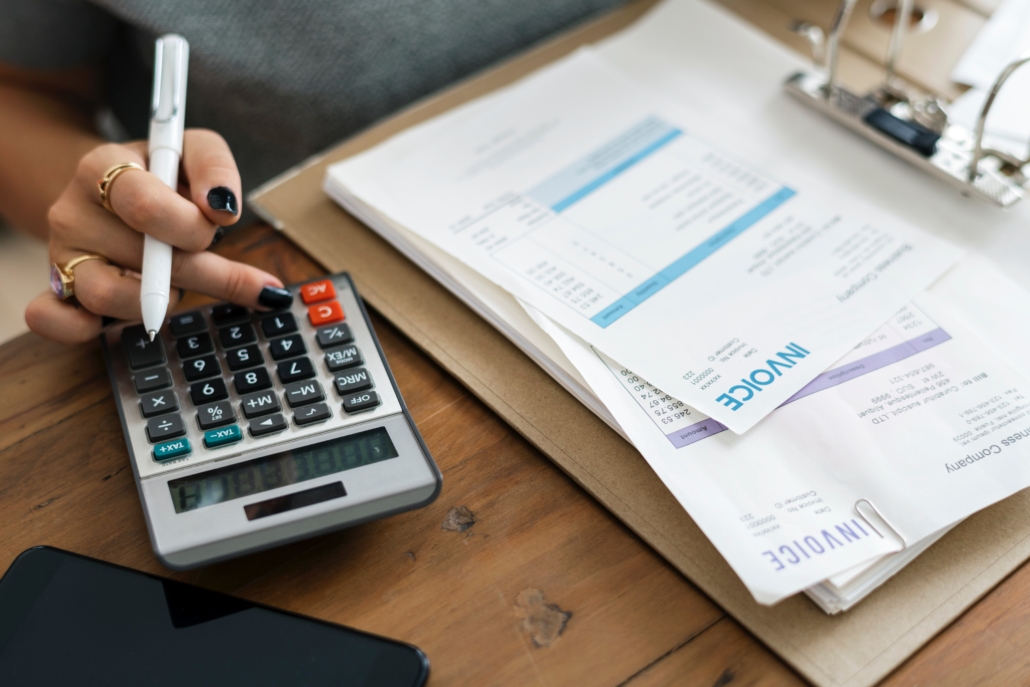3 Ways to Get Out of Debt and Improve Credit
Getting out of a tricky financial situation may seem like an uphill battle.
Your finances are already suffering, yet you’re supposed to pay both interest on what you owe and continue to fund your savings account somehow. If you’re earning less money than in past years, the problem can feel even worse.
Even though the situation may seem a bit hopeless, many people have managed to climb out of the debt hole. Here’s a handful of tips to get your personal finances back on track, so you can feel a bit more positive about the future, and get a full night of sleep for once.
Contents
#1 Negotiating With Creditors
Even though you’re the one who owes money, you can still negotiate with the creditors and come to an agreement that works for both parties. All they want, after all, is to have a plan so that they know when to get their money back – and that’s why you actually have a bit of leverage to negotiate with.
See if you’re not able to offer them a lump sum of money if they’re willing to write the rest of what you owe off. It may seem too good to be true but, by paying them a lump rather than little by little, the creditors are guaranteed to get some of their money back rather than chasing you down for the next decade.
If you don’t have any cash to offer them up front and nothing to sell, at the moment, which may solve the situation for you, there’s always an opportunity in Utah Money Center as you can use this money as leverage.
Just remember that you’ll need to stay on top of your debt from now on, build a better credit score, and always make those repayments on time.
Take action to monitor your credit report, correct errors, and improve your credit score. Read this article to learn about recent changes in the credit scoring process.
#2 Build An Emergency Fund
While it may seem like a distant dream at the moment, building up a backup fund to have in case of emergency is exactly what you need for situations like this. It’s something you need to focus on as soon as you’ve got that phone call to the creditors over with.
The sooner you’re able to put money aside for rainy days, the better you’ll feel about the future.
The trick is to have about six months worth of expenses saved up, in case you should lose your job or have any other unexpected expenses. If this happens and you don’t have an emergency fund, you can be pretty sure that you’ll wind up in the same situation after just a short month or two.
#3 Working Out a New Budget
How you ended up with a bad credit score and debt is, of course, something you know better than any – but working out a new and better budget will give you a fresh start.
Have a look at this article to get started right away, and remember to work in the payments you have to make to your emergency fund as well.
They call it ‘paying yourself first’ to make it sound a bit better but it is, in fact, a payment you will have to prioritize in order to keep yourself out financial trouble.
Find out more about business credit scores here: Know Your Business Credit Score.
Start Now
It won’t be easy, but the sooner you get started, the better you’ll feel about the future as well as your own ability to cope with difficult times.
This post is for educational purposes only.
Ken Boyd
Author: Cost Accounting for Dummies, Accounting All-In-One for Dummies, The CPA Exam for Dummies and 1,001 Accounting Questions for Dummies
Co-Founder: accountinged.com
(email) ken@stltest.net
(website and blog) https://www.accountingaccidentally.com/
(you tube channel) kenboydstl

